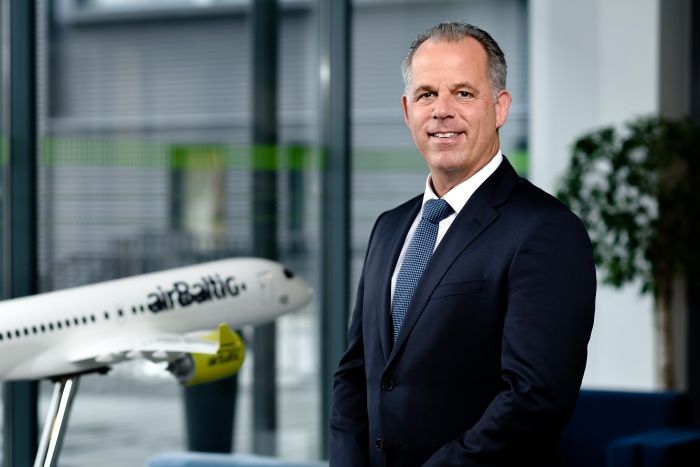
Breaking Travel News interview: Martin Gauss, chief executive, airBaltic
airBaltic has been revitalised in recent years, returning from the point of bankruptcy to become one of the fastest growing carriers in eastern Europe.
As the primary customer for the Airbus A220, the Latvian airline is also something of a test case for the new aircraft.
Here Breaking Travel News talks with Martin Gauss, chief executive of airBaltic, about its recent success and the challenges that are ahead.
BTN: airBaltic concluded the first half of 2018 with a total revenue of €181 million, a 19 per cent increase over the same period last year. What has changed?
Martin Gauss: As more of the Airbus A220-300 aircraft are joining our fleet, we can expand the scope of operations by offering more tickets on sale to a wider variety of destinations.
During the first six months of 2018, our seat capacity increased by 18 per cent, much in line with the increase in the total revenue of the company.
Already 2017 was a record year for airBaltic, as we carried 3.5 million passengers and total revenue increased by 22 per cent.
This year we are continuing our sustainable growth path and targeting carrying four million passengers.
We announced an order of up to 60 additional Airbus A220-300 aircraft this May.
This order serves as a backbone of our new business plan Destination 2025, which relies on expansion of routes from all three Baltic countries – Latvia, Estonia and Lithuania.
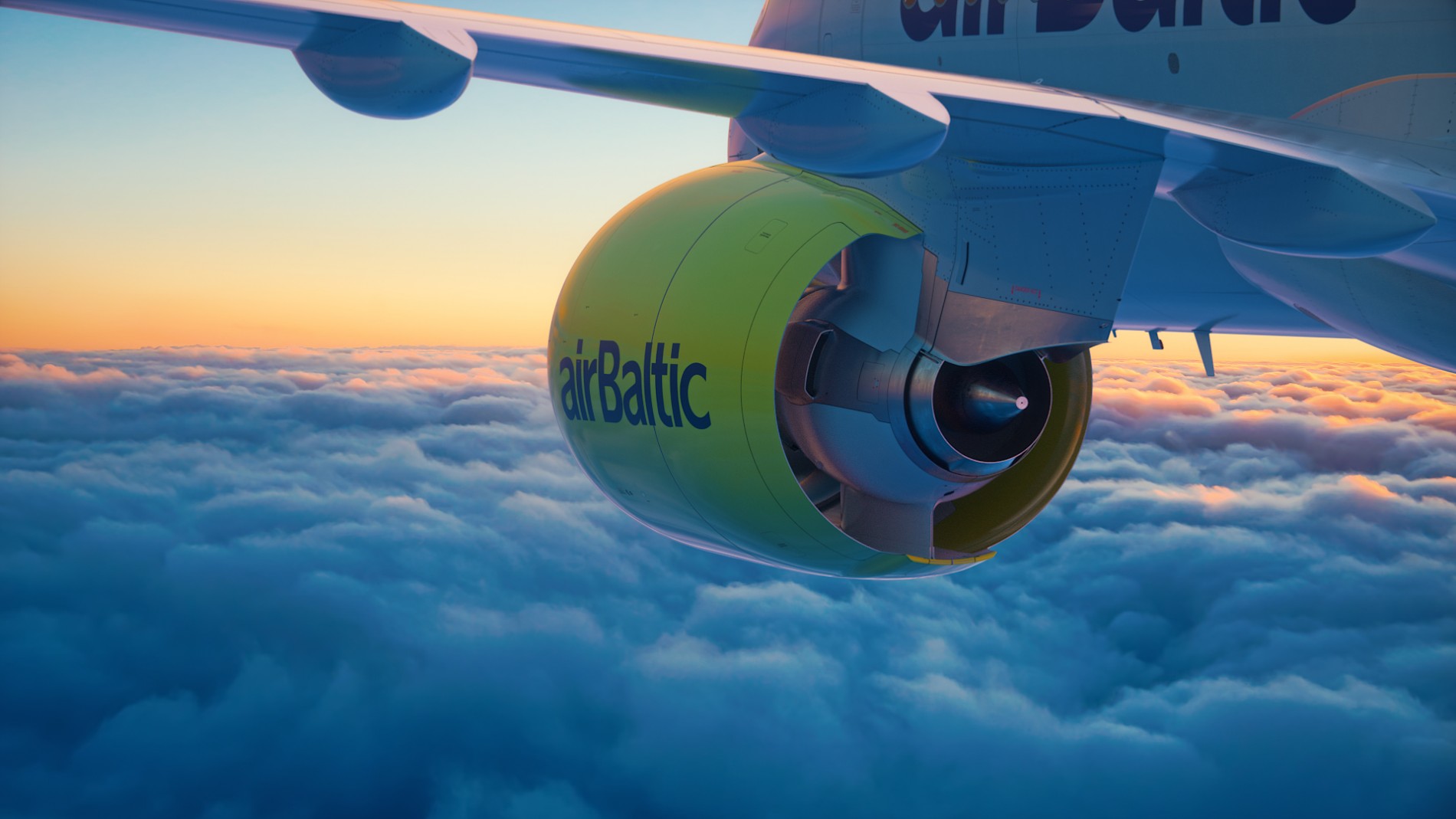
BTN: The figures complete a remarkable turnaround at the airline. How important has ownership by the Latvian government been in the revitalisation of the carrier?
MG: Latvian government fully understands the role airBaltic has in connecting Latvia to the world.
airBaltic plays an important role in ensuring air connectivity to Latvia, opening new opportunities for economic development of the country and the region.
As a result, the impact of aviation industry on Latvian gross domestic product reaches 2.6 per cent.
Latvian state has been a shareholder of airBaltic under various governments, and has consequently supported company’s development.
Considering airBaltic’s role in the connectivity of Latvia and the Baltic states, Latvian government is interested in seeing further development of the company.
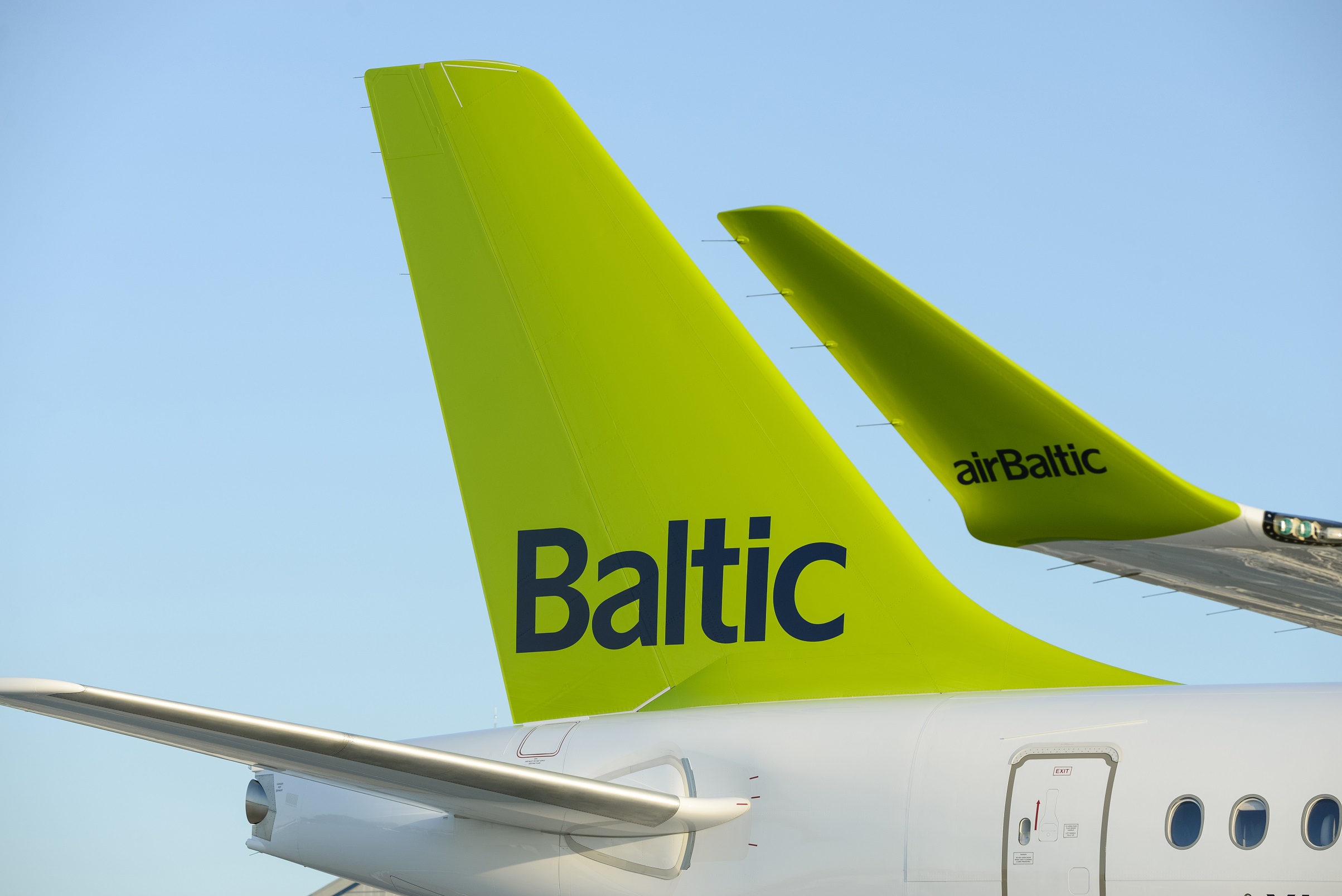
BTN: With the growth of Wizz Air out of Hungary, the continued success of easyJet and Ryanair, and the ambitions of LOT Poland, a revitalised Aeroflot and Finnair, you operate in a competitive geographical area. Can your rate of growth continue?
MG: We stand out from the competition, as we are a hybrid airline offering the best from traditional and ultra-low-cost carriers.
In essence, it means that we offer full business class service as well as affordable basic economy tickets on our flights.
With small turnaround times at our home base in Riga, we will often offer the fastest connections, for example, for travel between Europe and our destinations in Russia and the CIS.
Competition in the European aviation sector has been fierce for a very long time, yet that did not stop us from reaching our aims in the past and it will not stand in the way in the future.
Competition may, of course, influence specific plans on frequencies and capacities on certain routes, but it is only one among many factors that influence our decision-making process.
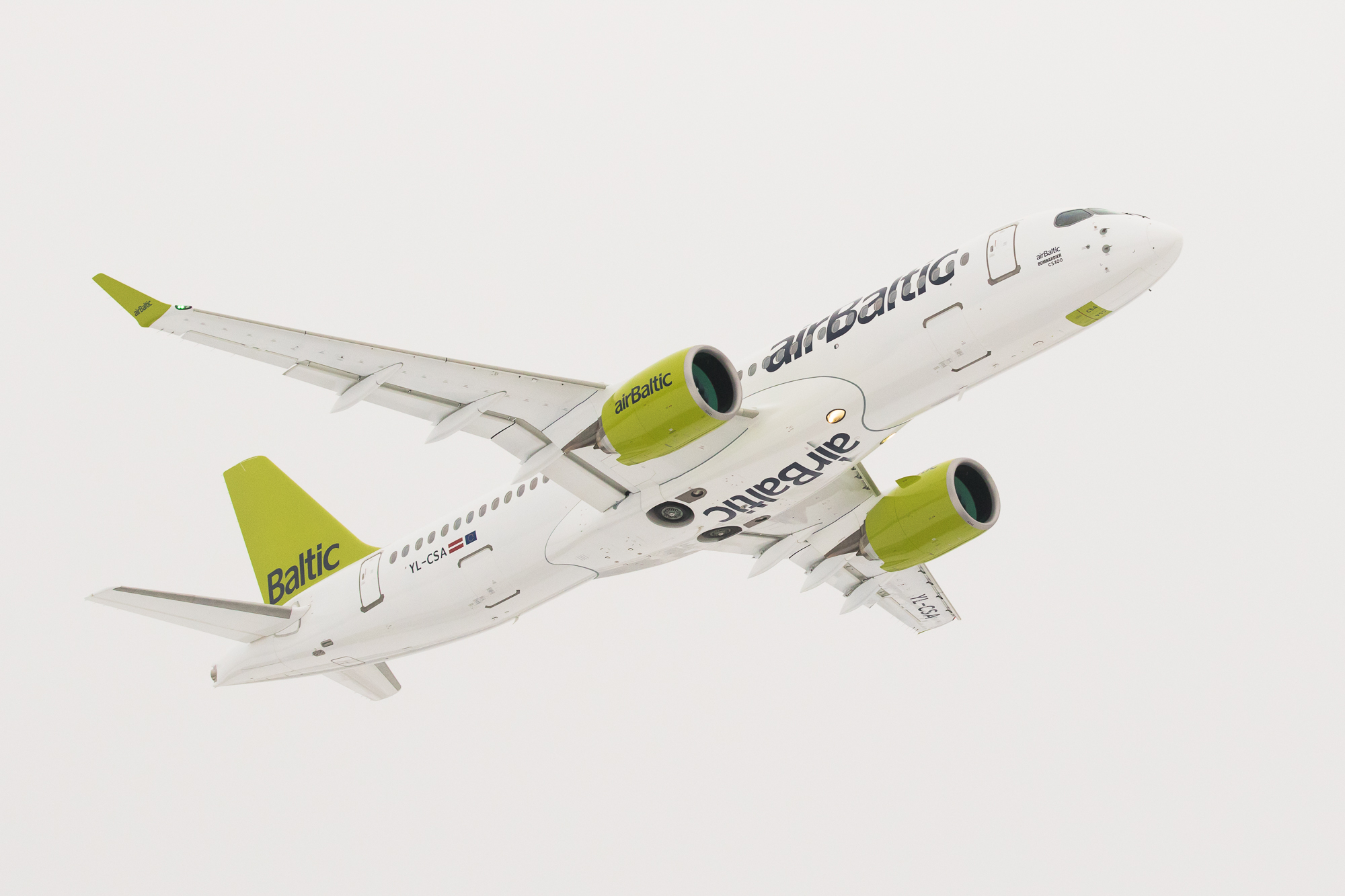
BTN: As the preeminent employer of what is now known as the A220, will the acquisition of the Bombardier CSeries by Airbus have any material impact on the operations of airBaltic?
MG: With the Airbus involvement in the programme, airBaltic is glad to have another very strong partner by its side.
As the owner of the controlling stake in the programme, Airbus with its vast experience and resources clearly has a central role in further enhancing the maintenance support strategy.
So far, airBaltic has received eleven of its Airbus A220-300 orders.
Aircraft has performed beyond company’s expectations, delivering better overall performance, fuel efficiency and convenience for both staff and the passengers.
The fuel economy of Airbus A220-300 has reached 22 per cent.
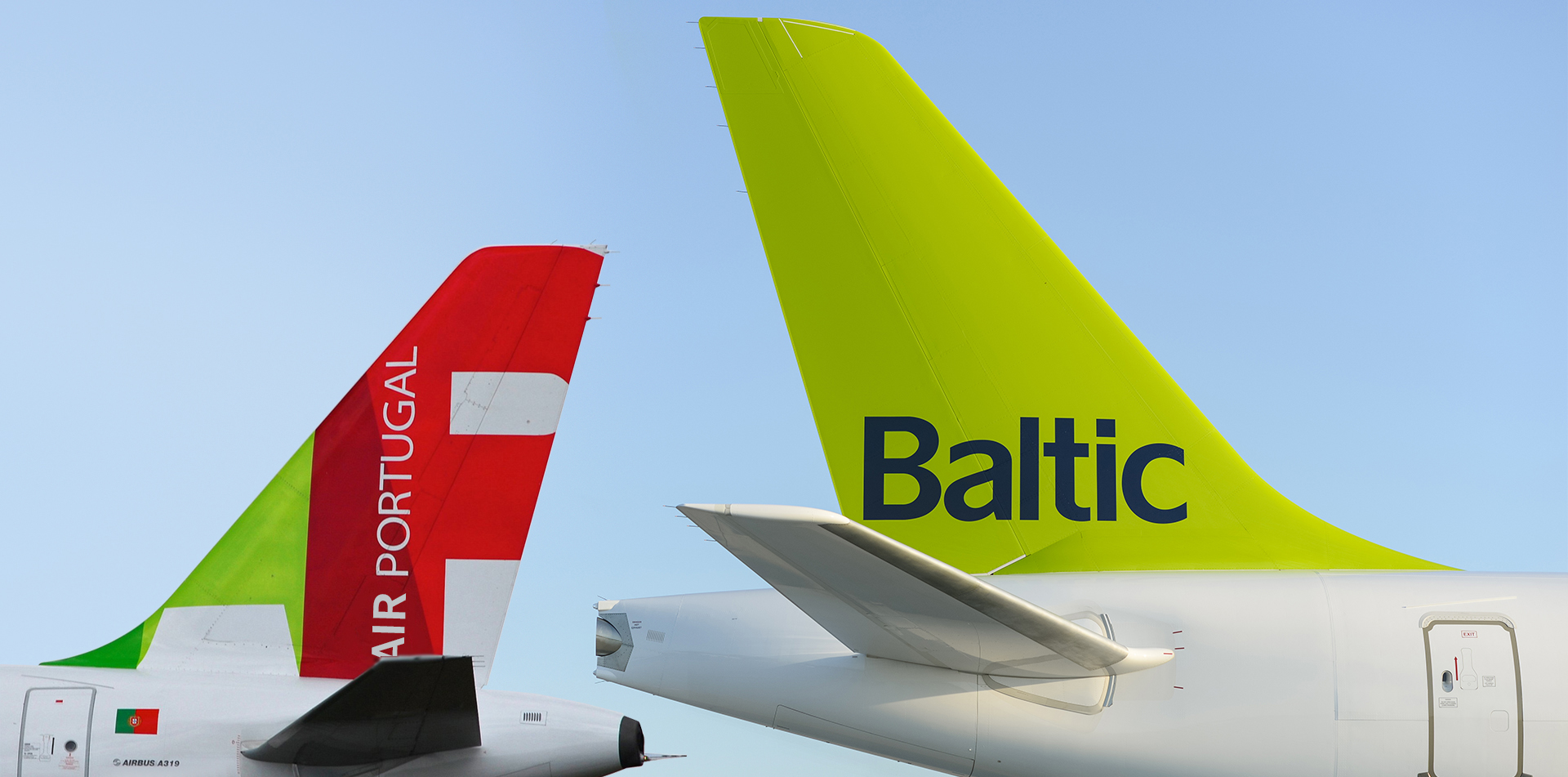
BTN: You have signed a number of codeshare partnerships this year, with Air Malta and TAP Portugal among others. What do these relationships offer to passengers at airBaltic?
MG: One of our business aims is to connect Baltics with one stop to almost any destination in the world.
Our codeshare and interline partners allow our passengers to make easy, convenient and affordable reservations to destinations currently not served by airBaltic.
By signing new codeshare partnerships with Air Malta and TAP Air Portugal this year, we now have 21 different codeshare partners.
For example, our latest partnership with TAP Air Portugal has further improved the connectivity between Baltics and such regions as Portugal, Brazil and Africa.
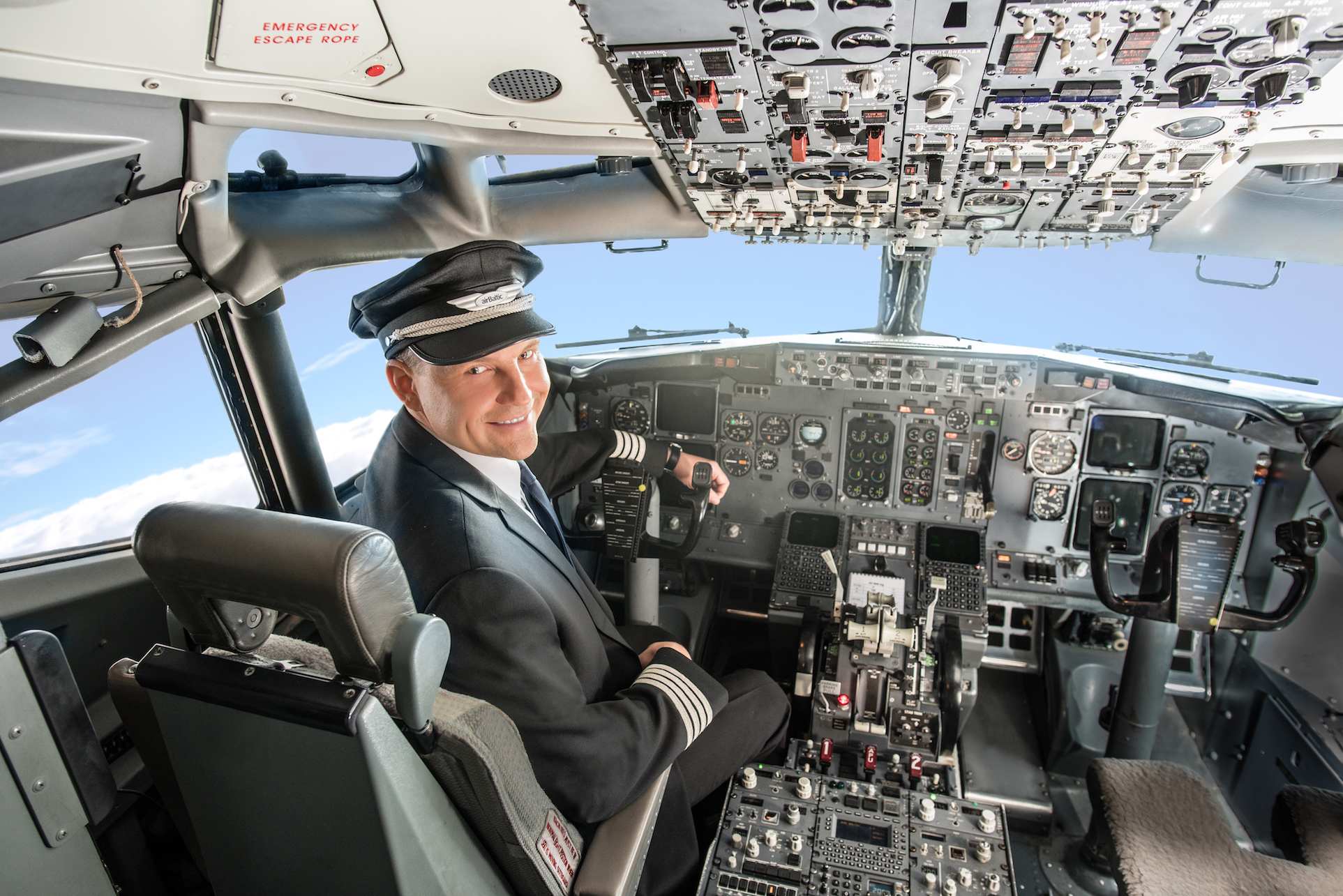
BTN: airBaltic has been open in its search for new pilots – is there a shortage coming in this sector?
MG: As airBaltic is continuing its growth and plans to increase the size of its fleet over the upcoming years, the company is looking for more pilots to join it.
Considering the growth of the company and the changing pilot industry, this year airBaltic has further improved its pilot remuneration system, making employment at the company even more attractive.
In addition, airBaltic has launched its own Pilot Academy, whose first class of students has already completed theoretical training and have started practical flight training with state-of-the-art Diamond Aircraft.
More Information
airBaltic serves over 70 destinations from Riga, Tallinn and Vilnius, offering the largest variety of destinations and convenient connections via Riga to its network spanning Europe, Scandinavia, the CIS and the Middle East.
For summer 2019, airBaltic has introduced three new destinations from Tallinn to Malaga, Brussels and Copenhagen. In addition, next summer airBaltic will launch a new direct route connecting Riga and Stuttgart.
Find out more on the official website.

